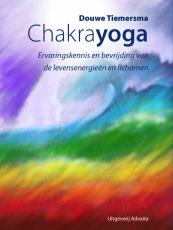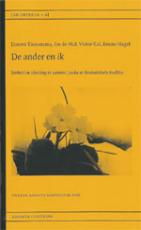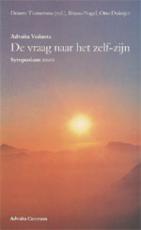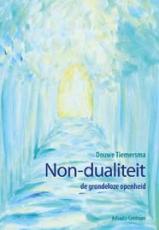Insights into Vedanta (Tattvabodha)
Transliteration, word-for-word meaning, translation and commentary by Swami Sunirmalananda
Pub. by Sri Ramakrishna Math, R.K. Math Road, Mylapore, Chennai-600004. Rs. 80.
A treatise offering insight into every aspect of Advaita philosophy
The Vedanta with the Upanishads serving as its basis is a living faith. However, as is well known, it does not signify one doctrine but several, the only bond that unites them being the common source from which they are all derived.
The reason for this diversity is the richness and variety of Indian thought. The several streams of Vedanta can be classified as philosophical and religious. Of those that form the first group, Advaita is universal in appeal.
Swami Sunirmalananda has aptly described the present publication as `insights into Vedanta'. He has chosen the title dexterously to invite the reader to take a serious look at the subject and adds that the real title is Tattvabodha.
The text comprises 53 paragraphs and each one of them forms a chapter and has been relevantly titled. The treatise as a whole covers every aspect of Advaita philosophy. The continuity and connection among the chapters are well knit.
The author's acquaintance with the literature on the subject, both ancient and modern, is remarkable and his intimate knowledge of it makes the exposition one of unexceptionable accuracy.
The author submits that as per the tradition of the Ramakrishna Mission the book gives the interpretations as found in the works of Sri Ramakrishna and Swami Vivekananda; he quotes, of course, Sankara's works like the Viveka Choodamani and the Upadesa Sahasri, which highlight the sole means of knowledge — the Upanishads — for Advaita. By way of contrast he refers to the other systems of Vedanta and orthodox systems then and there. The narrative is elegant with a logical link.
This book can be recommended to all students of Vedanta. It is another star in the firmament of the Ramakrishna Mission's service to humanity. The addition of a general index in the next edition will greatly enhance the value of the book for reference.
S. Revathy
in: The Hindu, Oct. 4, 2005
Er is geen tweeheid
als je ontspannen bent
in zelf-bewustzijn
is dat duidelijk.
Boeken
Douwe schreef en redigeerde gedurende zijn leven boeken. Via onze uitgeverij zijn deze nog verkrijgbaar.



